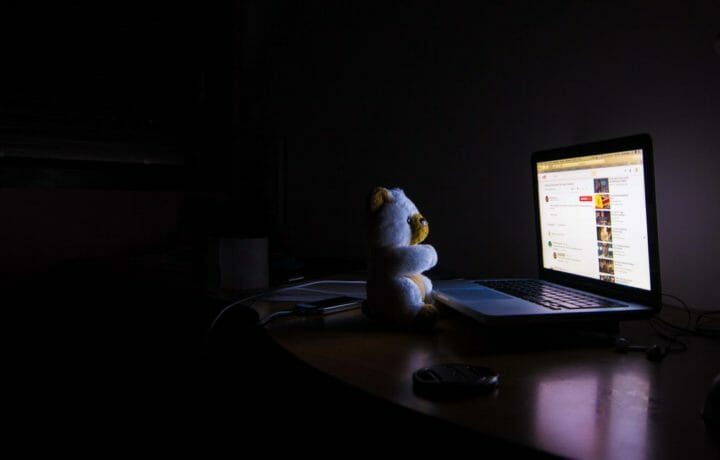While company after company and many portions of government have directed their employees to work from home, there is a great swath of roles for which it just isn’t practical. While most of our minds naturally went to the pharmacist, the grocer and those involved with our supply chain, there is also the national security workforce. Included within the national security workforce is that segment of government employees or contractors who must conduct their work in a classified environment – within a SCIF (sensitive compartmented information facility).
Congressional SCIFs
Both houses of congress utilize SCIFs for various committees, to include the intelligence, oversight, and armed services.
We recently learned from CNN that Rep. Mike Gallagher (R-WI) who is a member of the Armed Forces Committee has been working remotely, from his basement and “I haven’t had access to or seen anything on the classified side.” Gallagher’s situation is not unique, and is one which is being replayed thousands of times a day across the country as the defense and intelligence communities struggle to do their work during the COVID-19 pandemic.
While Adam Schiff (D-CA), chair of the House Intelligence Committee, noted how the coronavirus was affecting his committee’s ability to conduct hearings, especially closed hearings which are held in a classified environment (the SCIF). He commented on the “Skullduggery” podcast that he is receiving briefings via secure telephone connections and by visiting the SCIF. In his case, he described the issue of social distancing as, “You can do your best.” He continued, “When I’ve gone into the SCIF recently, I’ve been behind my desk and one staff is in one doorway and another staff is in another doorway — and if anybody sneezes, we all run.”
The challenges faced by congress in accessing information seems to be one of inconvenience, as so much of their work is in the unclassified arena. Those whose missions are 100% in the classified world have a much different challenge.
Government and Contractor SCIFs
For the defense contractor or government employee, their ability to continue to perform within a SCIF is largely determined by size and mission.
While this national security crisis brought on by the coronavirus doesn’t involve a belligerent state, it has degraded global economies and companies large and small. Some will be required to come to work and execute against their mission – and their SCIF office space just won’t accommodate the recommended CDC guidelines re keeping our distance.
Remember, SCIF’s come in all sizes ranging from the 10×8 foot conference room to the mega SCIF’s which comprise entire floors or buildings. The challenge for the FSO is how to enforce social distancing and keeping their workforce healthy.
Creativity is required.
Employing alternative work-schedules, new sanitation protocols, and provision of personal protective equipment are all within the administrative capability of the FSO. The more difficult adjustments surround the environmental systems – air flow, filtration sanitation, etc. are all areas where specialists may be required.
What is non-negotiable is steps must be taken by the FSOs to protect their workforce. In doing so, they are protecting our nation.




